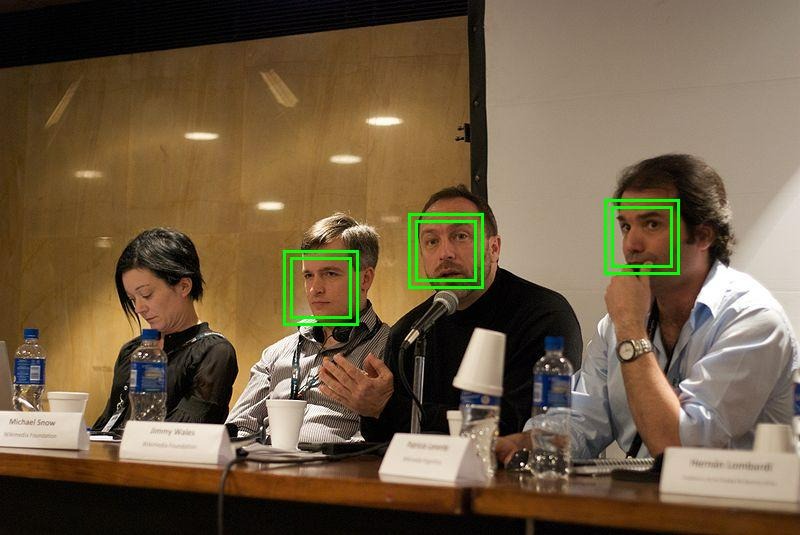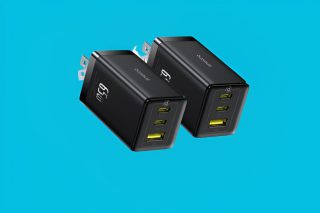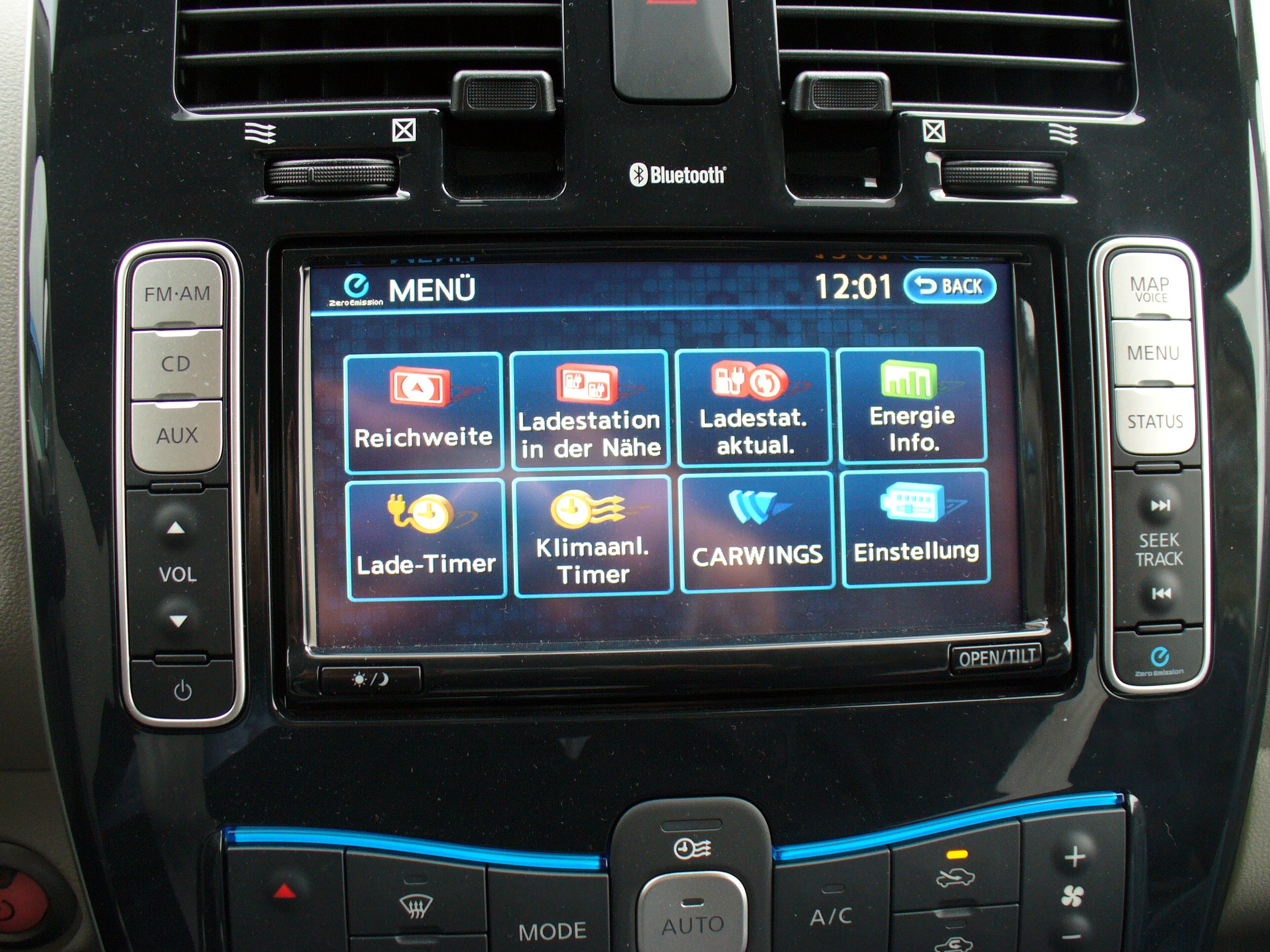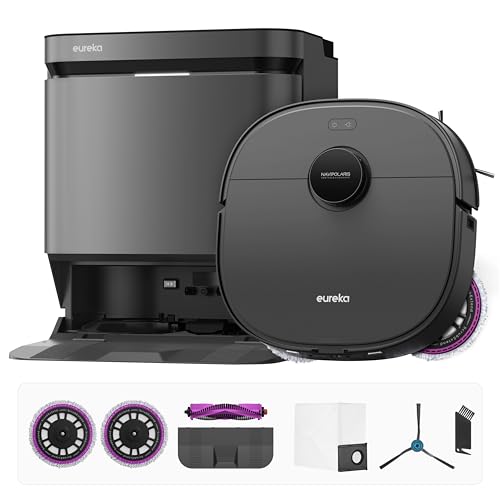Companies like Clearview AI and PimEyes have built facial recognition engines that can match any uploaded image against billions of photos scraped from across the internet. Snap a picture of someone at a coffee shop, upload it to PimEyes, and within seconds you’ll get their social media profiles, workplace, dating app photos, and everywhere else their face appears online. This isn’t CSI fantasy—it’s a $30-per-month subscription service anyone can access.
The 30-Billion-Image Dragnet
These platforms have scraped virtually every public photo on the internet without consent.
Clearview AI reportedly holds over 30 billion images harvested from social media, news sites, forums, and dating platforms. PimEyes operates similarly but markets directly to consumers as a “privacy tool.” The companies justify this mass surveillance by claiming they only use “publicly available” data.
That technicality misses the point entirely—aggregating scattered photos into a searchable database transforms isolated images into comprehensive surveillance tools.
How Your Anonymity Dies in Real Time
A single photo becomes a complete digital dossier within seconds.
The abuse mechanism works like clockwork. Someone takes your photo in public, uploads it, and receives every matching image plus source links. Your pseudonymous Twitter account gets connected to your LinkedIn profile, which leads to your address via property records.
What used to require a private investigator and weeks of work now takes minutes and costs less than a Netflix subscription.
The Most Vulnerable Pay the Highest Price
Women, trans individuals, and abuse survivors face amplified stalking risks.
These tools weaponize harassment in ways their creators apparently never considered. Survivors who carefully constructed anonymous online lives find themselves exposed through a single tagged photo from years ago.
The Georgetown Law Journal notes that facial recognition technology particularly threatens populations already facing elevated stalking and abuse risks.
Your Protection Options Are Disturbingly Limited
Even perfect privacy habits can’t shield you from photos posted by others.
You can audit your digital footprint, make social accounts private, and minimize facial photos. PimEyes offers paid alerts and removal requests, but these measures only scratch the surface. Any friend’s vacation photo, any background appearance in someone else’s content, any image you’ve ever been tagged in becomes searchable forever.
True digital anonymity just became exponentially harder to maintain, and most people have no idea their faces are already in these databases.
The era of casual online anonymity is ending, whether you chose to participate or not.




























